There is a lot of information on the internet, and not all of it is credible or accurate. Here are a few things to consider as you consider whether a website is appropriate to cite in your paper.
In general: stick to sources that are written by authors that are knowledgeable in the topic area that they are writing about and organizations that are well known and well respected.
Check if an author is listed and consider their credentials. The most credible sources will usually be written by authors who have an advanced degree in the topic area or that have other types of demonstrated expertise in the area they are writing about. It is also a good sign if they have written other articles on similar topics. You can do a quick Google search to get more information about an author. If someone has a common name, it can help to search for their name and their field or the organization they work for to make sure you find the right person.
If no author is listed, try to identify which organization posted the content. Check for an "About Us" page or mission statement to get more information about an organization. You can do a quick Google search to get more information about their reputation. Check for any potential sources of bias. For example, if a website is written by a private company or a political organization, they may be trying to persuade readers to buy something or take a particular political belief.
If you cannot find information on an author or an organization that posted the content, find a different source to use instead.
You want to make sure you are getting information that is up to date. There is no rule about how current your information needs to be, although professors will sometimes ask you to find sources that were published within the last 5 or 10 years. In general, newer is best, but how new your sources need to be depends on your topic. If you are researching a very popular topic where our knowledge is evolving rapidly, it is especially important to find recent information.
Websites that contain advertisements can be biased because these ads allow the author or publisher to make money from their content. Not all websites that have ads are poor quality, however. Many news sites are supported by advertisements, for example. Pay attention to the type of ads that appear. If they are flashy and very distracting, that is often a sign that it is not a trustworthy website.
Check the website's overall appearance. Credible sources should have a professional website that is free of typos, broken links, and other obvious errors. If the website is difficult to read or navigate, find a different source to use instead.
